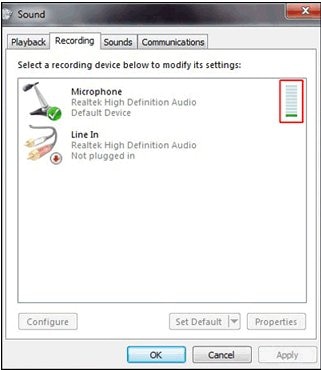

The tech used AT2020, the Blue Yeti, and a few others as examples of a few microphones that are affected but explained that ALL microphones are in this and that it makes most USB audio microphones sound worse than they should. It apparently treats all USB microphones similarly which screws up the gain and levels of higher quality end microphones. He also mentioned it has to do with the way the audio device is treated.
#Usb mic boost software windows 10 driver
The developer I talked to specifically stated it had to do with the the way Microsoft hard coded the driver into Windows 8 and that there is nothing they can do to fix it.
#Usb mic boost software windows 10 drivers
Mics that use their own drivers are immune to this issue.Īccording to one of the leads at Audio-Technica, the problem is entirely on Microsoft’s end. This problem applies to any USB microphone that uses the Windows driver. (Really!) The problem is in their USB microphone driver, which iirc was rewritten to use a generic driver library, which does not provide any way to enable Boost. That means my original statement was still true: It’s a Microsoft Windows issue, which they have said they can NOT fix. (I thought this must have been a recent fix.)

Make sure that the microphone or headset is connected correctly to your computer.I hunted for a link for my statement and it looks like Microsoft has FINALLY fixed it. I suggest using third party software to fix it yourself, but this can be a bit of a pain. The only solution would be for Pimax to write their own mic driver, which is what other hardware companies have done. (Really!) The problem is in their microphone driver. It’s a Microsoft Windows issue, which they have said they can NOT fix. Unfortunately, it’s more complicated than that. I told this pimax many many times here,pitool needs a mic boost option…


 0 kommentar(er)
0 kommentar(er)
